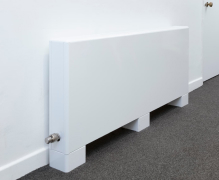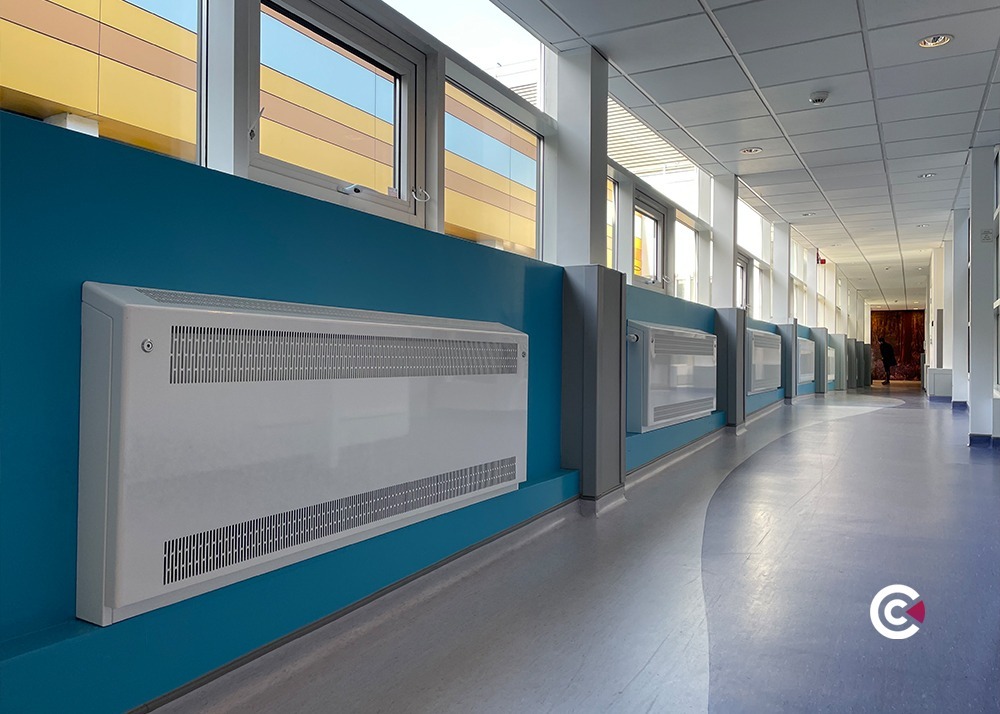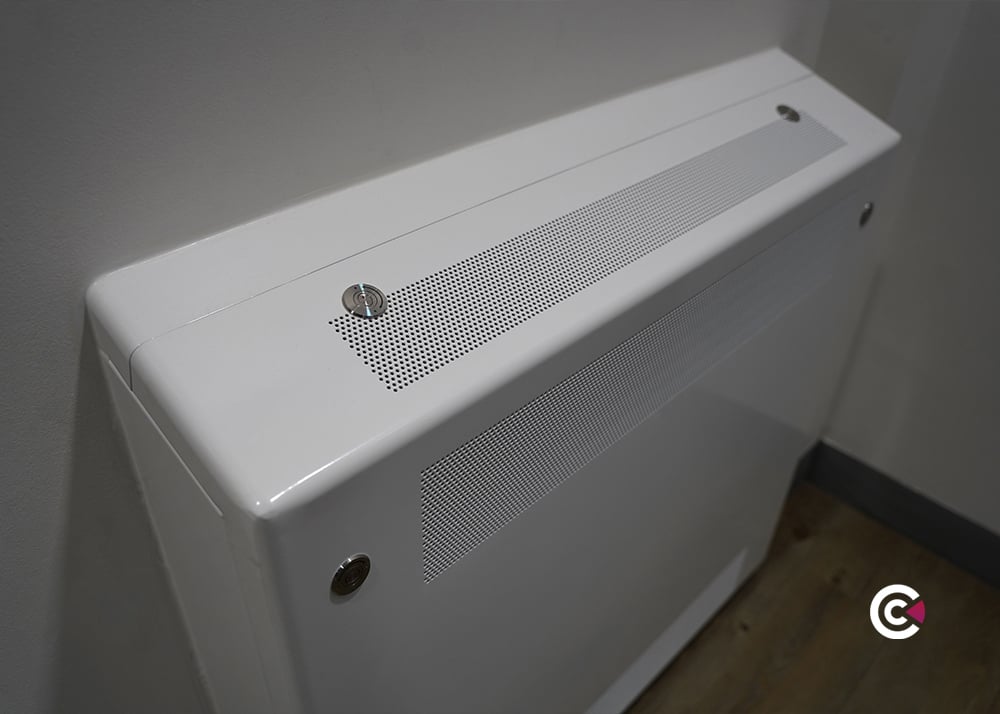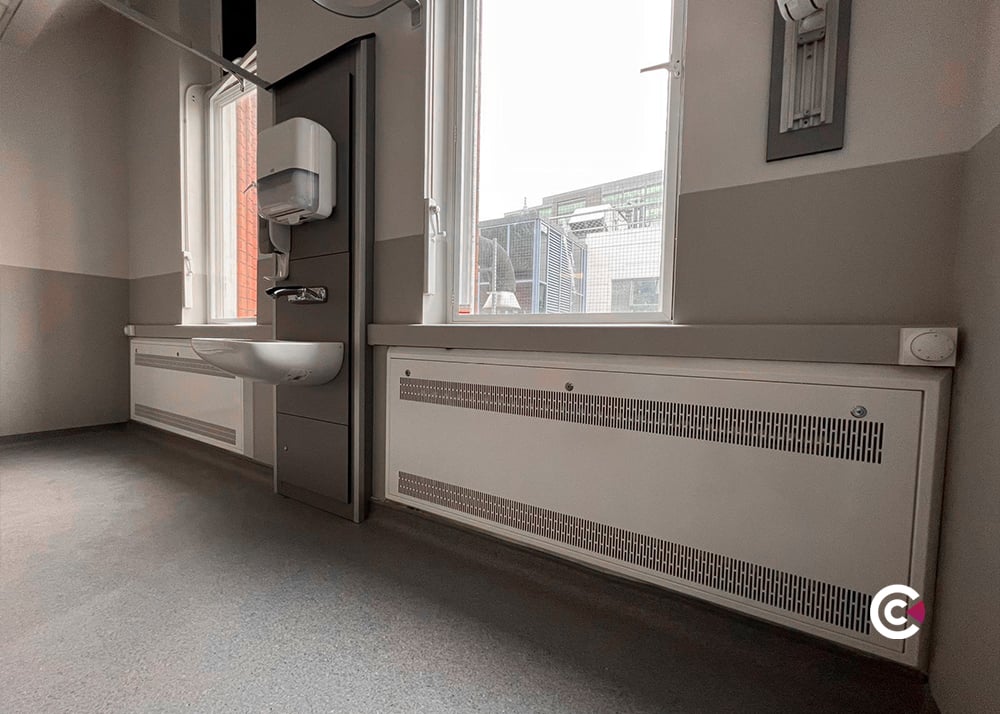Clostridium difficile is a highly contagious, disease-causing bacterium found in the human intestine. Commonly referred to as C. diff or C. difficile, the symptoms of C. difficile infection include watery diarrhoea, fever, loss of appetite, nausea and abdominal pain.
The bacterium is spread by the faecal-oral route. Spores produce C. difficile, shed during episodes of diarrhoea, persist in the environment and can act as the cause of new infections after being inadvertently ingested.
C. difficile can cause a minor infection in healthy people. Those most at risk of debilitating disease are patients receiving antibiotics, the elderly or immunosuppressed.
- Seventy percent of healthy babies carry difficile in their gut without any symptoms
The potentially dangerous bacterium is thought to be constrained by commensal microbes inhabiting the gut. Often C. difficile disappears in babies, although approximately 3% continue to carry it into adulthood, despite being healthy and showing no symptoms.
- Antibiotics cause the majority of difficile infections
Antibiotics taken to treat infection can suppress the normal bacterial flora of the gut because they are susceptible to the antibiotics. However, in doing so the ideal environment is created for C. difficile to thrive manifest as an opportunistic pathogen and giving rise to the symptoms listed above.
- C. difficile is an anaerobe
C. difficile is sensitive to the presence of oxygen in the atmosphere. As such, the bacterium is referred to as an anaerobe. This explains why C. difficile is commonly found in the human gut which is an anaerobic environment.
- C. difficile spores are extremely hardy
C. difficile spores, like all microbial spores, are extremely resilient: so much so that they are even resistant to almost all cleaning products, including antimicrobial technology. However, the BioCote coating technology incorporated in Contour’s LST and anti-ligature radiators and guards, is highly effective against the bacterium giving rise to the spores.
- A faecal transplant can be used to treat a difficile infection
When antibiotics have proven ineffective at treating a C. difficile infection, a faecal transplant can be effective to replenish the normal floral of the gut of someone suffering a recurring C. difficile infection. Whilst this is a new development for treating C. difficile infection, the treatment has proven effective.
*Reproduced with kind permission from BioCote Ltd*
Click the links below for further details on our range of BioCote protected radiators and guards.
-1.png)
















/anti-ligature%20vent%20grilles.jpg)




